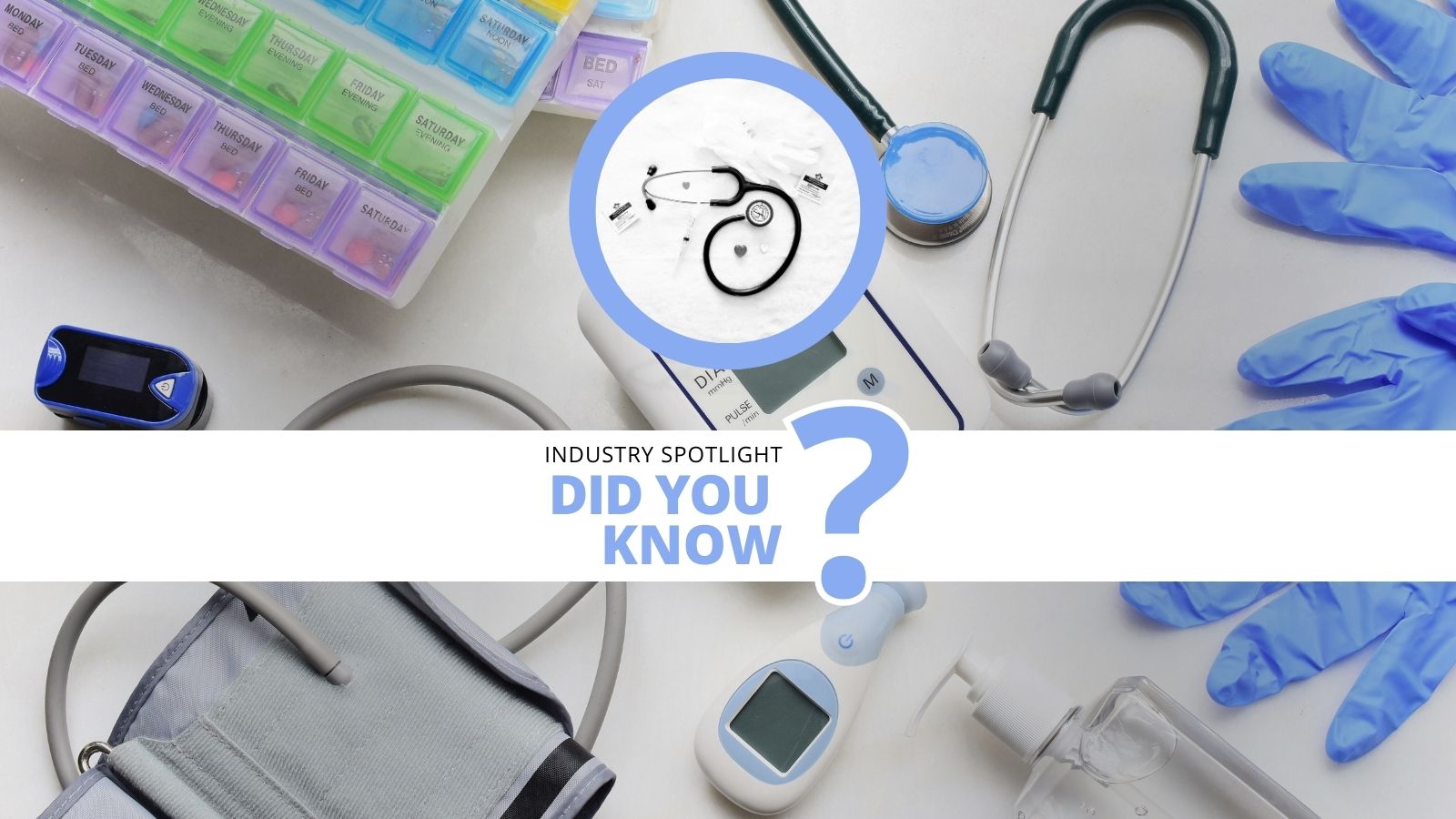Is The Industry Ready for Digital Therapeutics?

Our April 2022 PharmaTec Series discussion group focused on the current uses and potential of digital therapeutics. Oxford Global’s discussion groups bring together a select group of 15-20 key industry leaders for approximately one hour of knowledge sharing and conversation.
Irina Macovei (Counsel at DLA Piper) kindly volunteered to lead this months group. Irina has extensive experience working with companies in the life sciences sector. She has worked in various areas such as regulatory matters, change of business models, interaction with HCPs, clinical trials, claw back and taxation, advertising and promotion, ethics and compliance. In addition to being a fife sciences regulatory lawyer, Irina is also a data privacy lawyer, regularly advising clients on matters ranging from privacy assessments to data processing agreements.
She introduced the group by explaining the current status and priorities for future digital therapeutics; “even though digital therapeutics have been on the market for 10 years; they are still in uncharted territories. Digital therapeutics need to be evidence based to claim to prevent, manage or treat medical diseases or disorders.”
“We need to understand what conditions have been poorly addressed by the healthcare system for chronic diseases or neurological diseases and show how digital therapeutics can address them. What’s important is to clarify that they are not the secondary line, or a helpful addition the primary line of treatment, they can treat a disease by themselves.”
Digital Health, Medicine & Therapeutics: Explaining the Differences
Digital health is the support of the health of patients by using digital tools. It refers to technology platforms that engage consumers for lifestyle, wellness and health related purposes. Examples include telemedicine or telehealth.
Digital medicine is where you use these tools and hardware to intervene in health or in service of human health. They offer an alternative method for diagnosis and remote patient monitoring.
The topic of today’s discussions, digital therapeutics, are software-based products for prevention, management and treatment of health conditions. Irina explains that “we need to differentiate from wellbeing apps.” The key separation is that digital therapeutics must be evidence based and clinically evaluated. She continues, noting that “in 2018, we noticed that there were close to 300,000 digital health apps on the market. But less than 1% of those were evidence based. I think one of the main challenges for digital therapeutics is getting people to understand how they are different.”
Digital Therapeutics: Opportunities and Advantages
One of the primary advantages is that they may be cheaper to develop than traditional therapeutics. Irina argues that “they have a faster and lower risk when it comes to development cycle. For you that work in in life sciences, you know very well that production and development is a very risky endeavour.”
Another advantage is that vast amounts of data easily collected. Data is generally viewed as a by-product but it canalso help refine the therapeutic itself and improve understanding of target diseases and conditions. Working with, and sharing this data particularly across borders is, however, is a major challenge due to legal and regulatory challenges.
Legal and Regulatory Challenges
The regulatory landscape for digital therapeutics is still in its infancy and it took time to understand how to better regulate digital therapeutics. In 2017 the FDA’s Centre for Devices and Radiological Health (CDRH) admitted, through its Digital Health Innovation Action Plan, that their “approach to moderate higher risk hardware-based medical devices is not well suited for the faster iterative design, development, and type of validation used for software-based medical technologies.”
In the meantime, national legislation is changing. The German Digital Healthcare Act (DGV) introduced the concept of digital health applications in 2019 and the first were authorised for use in October 2020, and with a total of 24 approved by November 2021. Privacy implications were also discussed. One attendee commented that “one of the main challenges is identifying the proper legal grounds for personal data processing, because as Irina mentioned, consent is highly debatable in such context.”
Irina explains that “When we develop digital therapeutics, we need to think about personal data processing. This needs to be a consideration when we develop the product."
Privacy regulations also create barriers for cross-border data transfer. An attendee noted that “any transfer from Europe to the US is now problematic. We are waiting eagerly for a new agreement between the European Union and in the US - there are good signs, but we still don't have it.”
Collaboration and DTX - Digital Therapeutics Alliance
The Digital Therapeutics Alliance was launched in 2017. They are a non-profit trade association of industry leaders and stakeholders engaged in the evidence-driven advancement of digital therapeutics. Irina labelled their founding as a “breakthrough when it comes to a future for the digital Therapeutics.” She explains that they “tried to create guidelines, good practices, and definitions in order to differentiate digital therapeutics from other digital solutions.”
Final Thoughts & Conclusions
At Oxford Global, we could not be more pleased with the turnout and feedback from this discussion. This meeting provided the perfect setting for exchanging ideas, sharing innovations, and discussing the ever-evolving digital therapeutics landscape. If you would like to join one of our future groups, please take a look at our upcoming events page.




.png)

